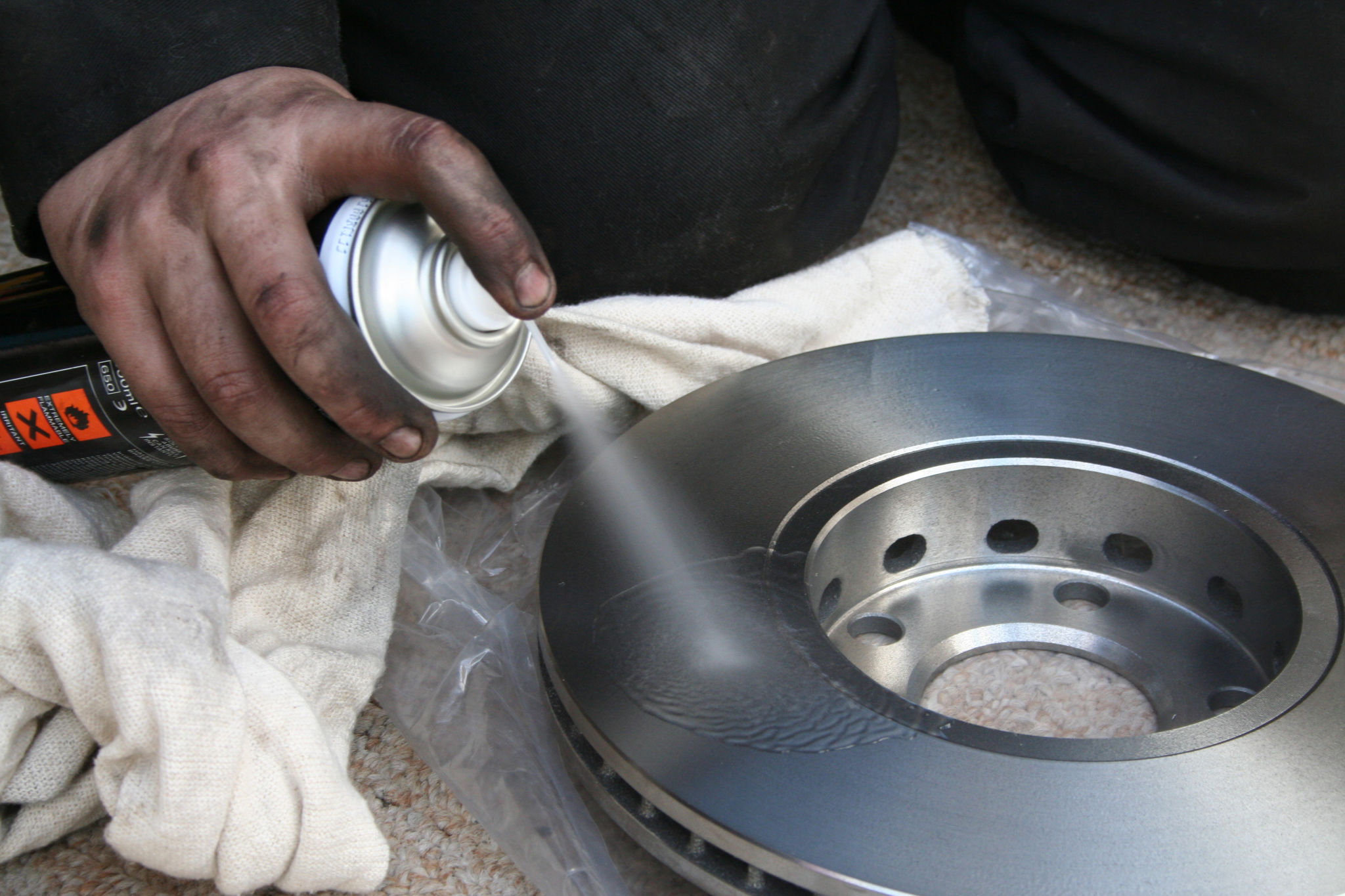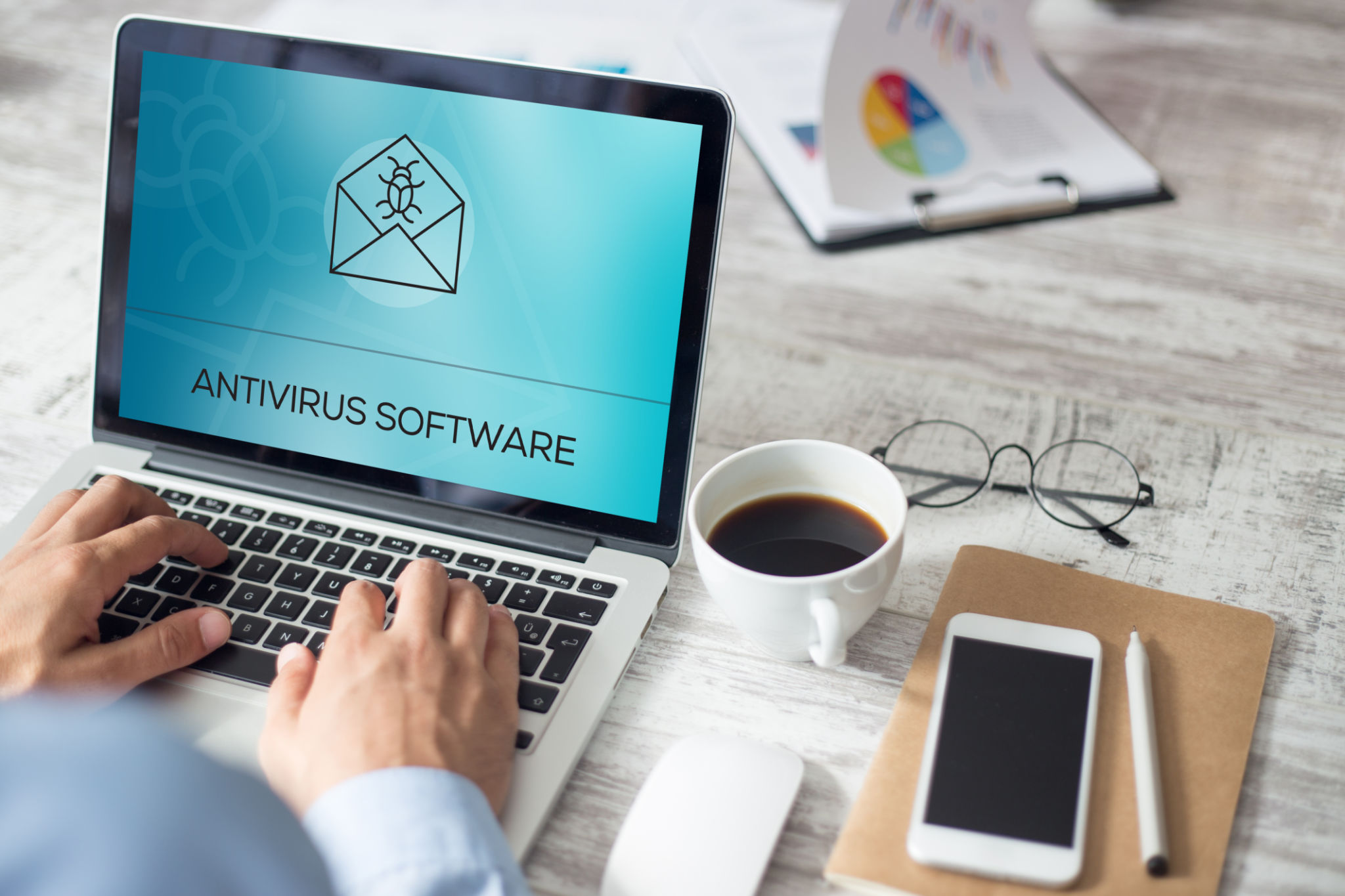How to Maintain Your Computer for Optimal Performance: A Comprehensive Tutorial
Regular Software Updates
Keeping your computer's software up to date is crucial for optimal performance. Software updates often contain important patches and improvements that can enhance the functionality and security of your system. Make sure to regularly check for updates for your operating system, drivers, and installed applications.
Enabling automatic updates can be a convenient way to ensure that your software remains current. This setting allows your computer to download and install updates without requiring manual intervention. It's also a good practice to check for updates manually once a month to catch any missed updates.

Manage Startup Programs
Many applications are set to run automatically when your computer starts, which can significantly slow down the boot time and consume valuable system resources. To enhance your computer’s startup speed, review and manage the list of programs that launch at startup.
On Windows, you can use the Task Manager to disable unnecessary startup programs. For Mac users, this can be done through the System Preferences menu. By limiting startup programs to only those that are essential, you can improve overall speed and efficiency.

Regular Disk Cleanup
Over time, your computer accumulates a variety of unnecessary files such as temporary files, duplicate files, and cached data that can clutter your hard drive. Conducting a regular disk cleanup helps free up space and improve system performance.
Both Windows and macOS offer built-in tools for disk cleanup. These tools allow you to easily remove temporary files and other unnecessary data. Additionally, consider uninstalling applications that you no longer use to further free up space.
Defragment Your Hard Drive
If you're using a traditional HDD (not an SSD), defragmenting can significantly improve performance. Fragmentation occurs when files are broken into pieces scattered across the disk. Defragmentation reorganizes data to ensure that related pieces of files are stored closer together, making it quicker to access them.

Protect Against Malware
Malware can severely impact your computer's performance by consuming resources and causing errors. It's essential to have reliable antivirus software installed and regularly updated to protect against malicious threats.
Perform regular scans to detect and eliminate malware. Additionally, practice safe browsing habits and be cautious when downloading files or clicking on links from unknown sources to reduce the risk of infection.
Use a Firewall
A firewall acts as a barrier between your computer and potential threats from the internet. Ensure that your firewall is active and properly configured to provide an additional layer of security for your system.

Optimize Your Storage Solutions
Having an organized storage system is key to maintaining optimal computer performance. Consider using cloud storage solutions for files that you don't need immediate access to or for backups. This not only saves local storage space but also provides additional security for your data.
If your computer is running low on storage space, it might be time to upgrade your hard drive or consider switching to a solid-state drive (SSD). SSDs are much faster than traditional hard drives and can significantly boost system responsiveness and load times.
